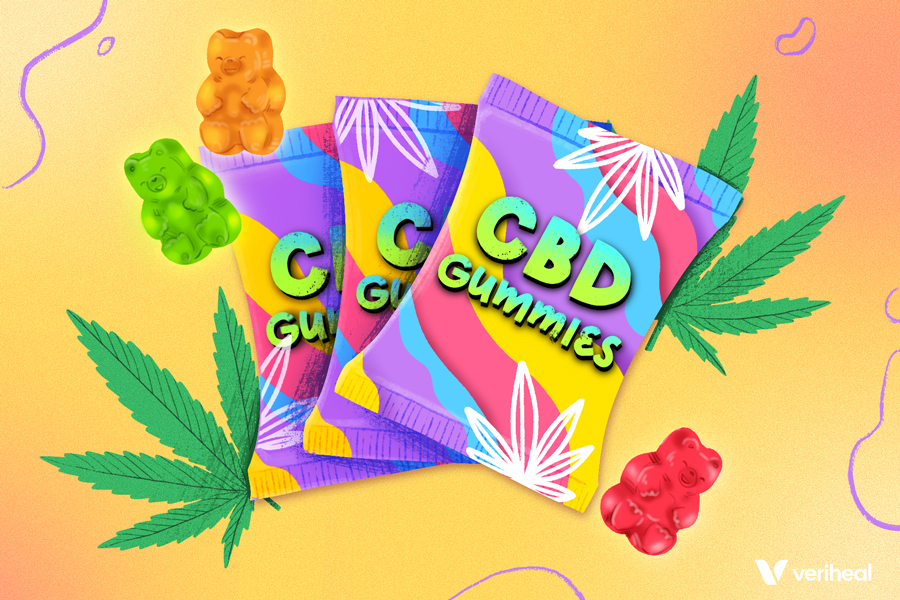Gov. Glenn Youngkin has publicly declared legislative changes that could result in a major reduction in high-inducing hemp-derived products that have been largely unregulated in Virginia.
Identical bills that were passed by the Virginia General Assembly put a cap on the total amount of THC (tetrahydrocannabinol), the main psychoactive compound in cannabis that makes users feel high, to 2 milligrams per package. The total THC concentration was also increased to 0.3%.
As per the newly proposed rules, unregulated hemp-derived synthetic THC products like delta-8 will be banned from gas stations, smoke shops, and various other businesses across Virginia where they were previously sold. Numerous experts and health groups supported bills that were approved by lawmakers. Language contained in the bills stated how certain products could resemble candies and snacks that might appeal to children.
However, hemp industry members have prompted Gov. Youngkin (R) to revise the legislation, suggesting that it would negatively impact their businesses and result in unnecessary consequences for customers, particularly those who consume CBD products. Youngkin, who prioritized putting a hold on these products, put forward a substitute bill indicating that therapeutic CBD products will not be restricted and businesses will therefore need to apply for registrations to sell consumable hemp products in Virginia.
“While still not perfect, the governor’s proposed changes dramatically improve the legislation that passed,” former Republican delegate Greg Habeeb told 8News, who is now a lobbyist representing the Virginia Cannabis Association.
On March 6, a group of hemp processors from the association sent a letter to Youngkin claiming that the improved bill “would have the unintended result of eliminating the thriving Virginia hemp industry.”
About Virginia’s Amended Hemp Legislation
A spokeswoman for Youngkin, Macaulay Porter, announced in a statement that the governor’s updated hemp legislation “continues his efforts to crack down on dangerous THC intoxicants, including synthetic products such as Delta 8.”
“In addition to the ban on synthetic THC, the limited percentage of total THC allowed, the packaging and labeling restrictions, the testing requirements, and the total per package limit for THC, the substitute also requires retailers to register with the enforcement agency to sell any consumable hemp derived product,” Porter is quoted as saying.
Why You Should Get Your Medical Marijuana Card
Veriheal has satisfied millions of patients nationwide by giving them access to these benefits
- Larger purchase limits
- Peace of mind
- Enhanced legal protection
- Access to higher potency strains
- Save up to 25% on cannabis purchases
- Skip the line at the dispensary
Per the governor’s substitute, hemp products sold in Virginia will be enriched with at least 25 times the amount of CBD per package than the total THC content. In addition to this, Youngkin’s proposed changes indicate that businesses must apply for a regulated hemp product retail facility registration and afford an annual fee of $1,000 for each store where products would be sold.
The substitute bill stipulates that hemp-derived products containing THC must be displayed in child-resistant packaging. Hemp products in Virginia must also feature clear labels indicating their ingredients, as well as the percentage in a single serving, the THC percentage, and how many milligrams of THC are contained in each package/per serving.
In addition to this, each product must be sold with a certificate of analysis produced by an independent laboratory. Topical hemp products can only legally be sold if they feature a label confirming that they are “not intended for human consumption,” with businesses being forced to pay a daily $500 fine for violations. Only if products are manufactured before July 1, 2023, will the fine be exempted.
Youngkin is also suggesting that the Virginia Department of Agriculture and Consumer Services commissioner gains access to stores that are certified to legally sell regulated hemp products as a way of outruling any violations and securing samples for inspection.
Bill to Permit Retail Cannabis Sales in Virginia by 2024
Following a failed attempt to launch a legal market in Virginia, retail cannabis sales have stalled until 2024. When the most recent legislative session occurred, a Republican-controlled House of Delegates subcommittee voted 5-3 along party lines to dismantle legislation from state Sen. Adam Ebbin (D-Alexandria) that would have carved a new path for recreational sales to start in 2023.
Based on current law, people aged 21 and over in Virginia can possess a maximum of 1 ounce of cannabis on their person or cultivate up to four plants in their personal residence. Virginians can purchase cannabis for medicinal purposes when in possession of a prescription, but it is not acceptable for adults to buy cannabis for recreational purposes.
The bill to permit cannabis possession was approved in 2021. It featured a reenactment clause that made it obligatory for the General Assembly to grant the measure’s approval and implement a regulatory framework for retail sales to begin.
Lawmakers have proposed a 2024 target date for legal sales to finally commence. Nonetheless, since Republicans gained control of the House of Delegates and Gov. Glenn Youngkin assumed office, efforts have slowed down. On April 12, the state’s General Assembly will gather to consider Youngkin’s amendments to the hemp bill, as well as 77 others.
Author, Share & Comments















